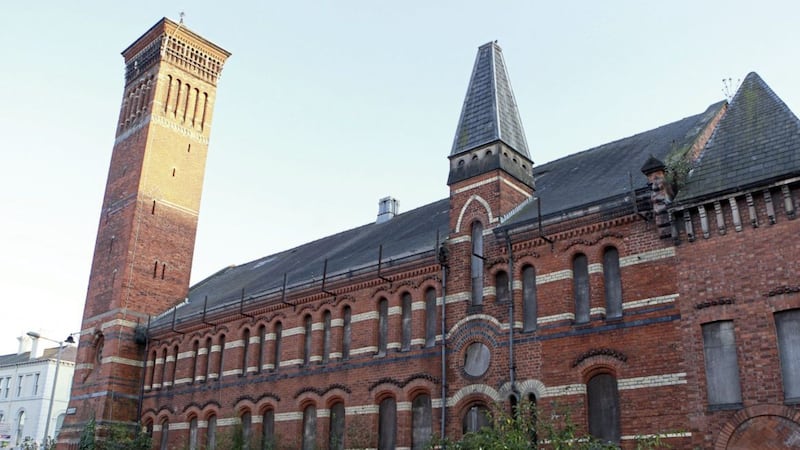PUBS operator Wetherspoon has withdrawn from an application to seek a drinks licence for the former Methodist Church premises at University Road in Belfast, the Irish News can reveal.
It follows objections from a number of independent bars already trading in neighbouring areas.
It comes in the wake of the chain being refused a licence earlier this year for a hostelry at the former JJB Sports store premises on Royal Avenue, a property which it owns.
And it means Wetherspoon, fronted by north coast-born Tim Martin, no longer has any pending applications in Northern Ireland.
But the Irish News has learnt that the company has exchanged contracts to purchase the freehold interest in the former Cafe Vaudeville premises in Belfast's Arthur Street.
That property is currently let to the Revolution Bars Group and trades as Revolucion de Cuba.
The UK bar chain, based in Ashton-under-Lyne, bought the premises from owner Pat McCormack for £2.5 million in 2017.
It is understood Wetherspoon paid £3.25m for the listed two-storey mid-terrace former bank building, which dates back to the 1800s and was once the head office for Dunville & Co.
It has been operating as a licensed premises since 2005.
Speaking to the Irish News earlier this year, Mr Martin hit out at the current licensing legislation in Northern Ireland and claimed it was not benefitting the public.
He slammed the fact that too much weight is given in Belfast courts to trade objectors like local publicans who try to stop a rival pub from opening, compared to other major cities.
Mr Martin said: "In likes of Dublin, London, Cardiff or Edinburgh, objectors' power to slow, or stop, new developments has been reduced or eliminated, primarily to let market forces determine what new pubs should open and to encourage investment.
"Obviously we understand and accept that traders here are only using the laws of the land and therefore have every right to object.
"But while it's the law, it's frustrating, and I believe that to increase investment in the future, it might be a good idea for legislators to look closely at the licensing process in other cities, because I don’t think the current system benefits the public."
Wetherspoon had planned to invest £4.5m and create 100 jobs at the two venues where its applications have been blocked.
It has given no indication what its future plans are for its new Arthur Street acquisition, though it's highly likely it will rebrand it under its own banner when it feels the time and trading conditions are right.
At its peak Wetherspoon operated nine hostelries across the north, but three years ago it sold five of its premises to The Granny Annie's Group, run by Limavady brothers Willis and Ryan McLaughlin, for around £4m.
At the time Tim Martin admitted that loyal customers of the cheap beer chain would be "disappointed" at his decision, but added: "As a company we have to make commercial decisions, and it was decided to sell the pubs."
The latest Belfast developments come as Wetherspoon unveiled annual results that show pub sales holding up well in the face of Brexit uncertainty, which is hitting other consumer-driven areas such as the housing market and demand for "big ticket" items.
Like-for-like sales rose 6.8 per cent over the year to July 28 and Wetherspoon said trading had held up since then.
Comparable sales at the group- which has more than 900 pubs across the UK and Ireland - rose 5.9 per cent in the six weeks to September 8.
But rising costs weighed on full-year underlying profits, which fell 4.5 per cent to £102.5m.







